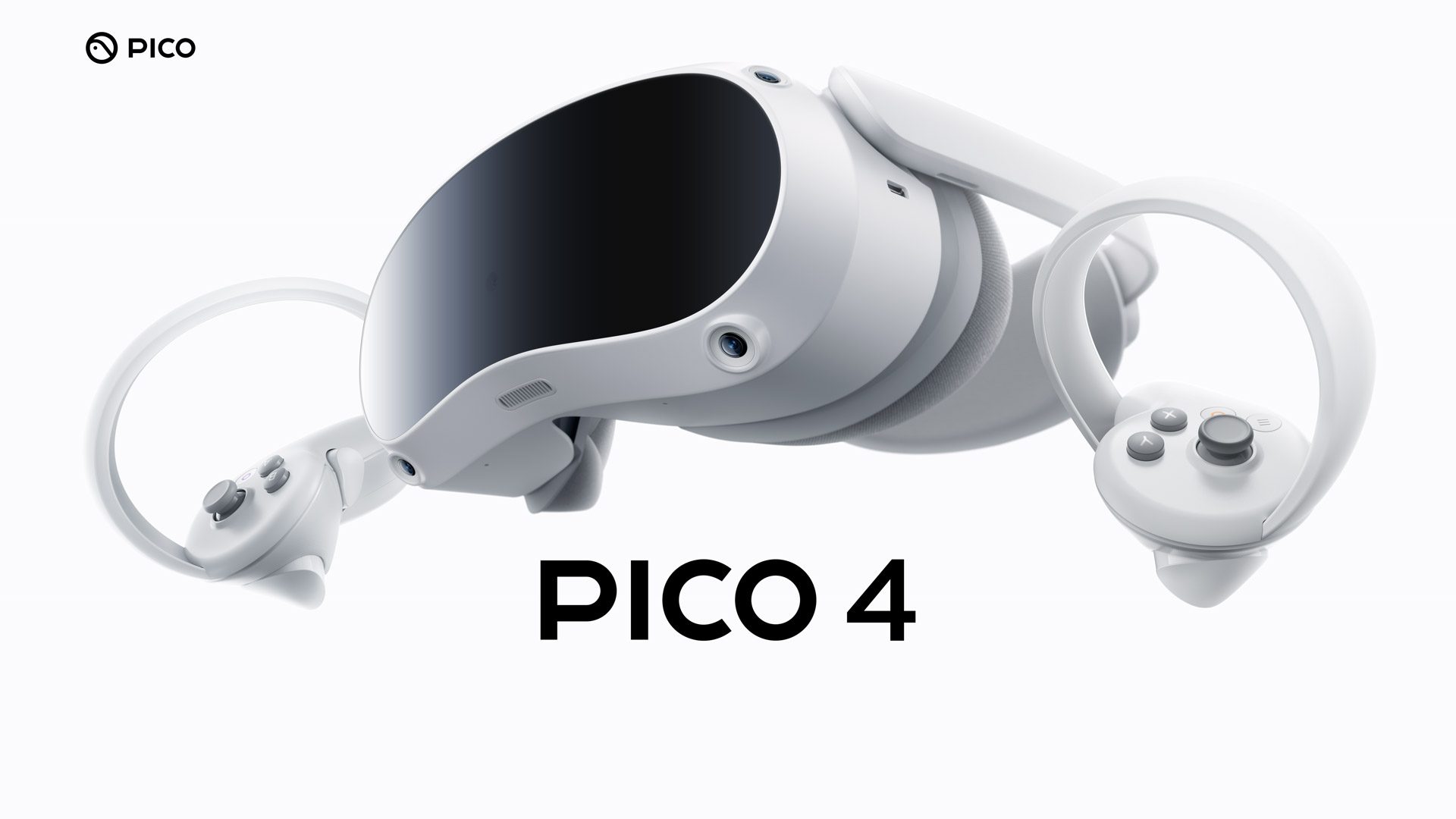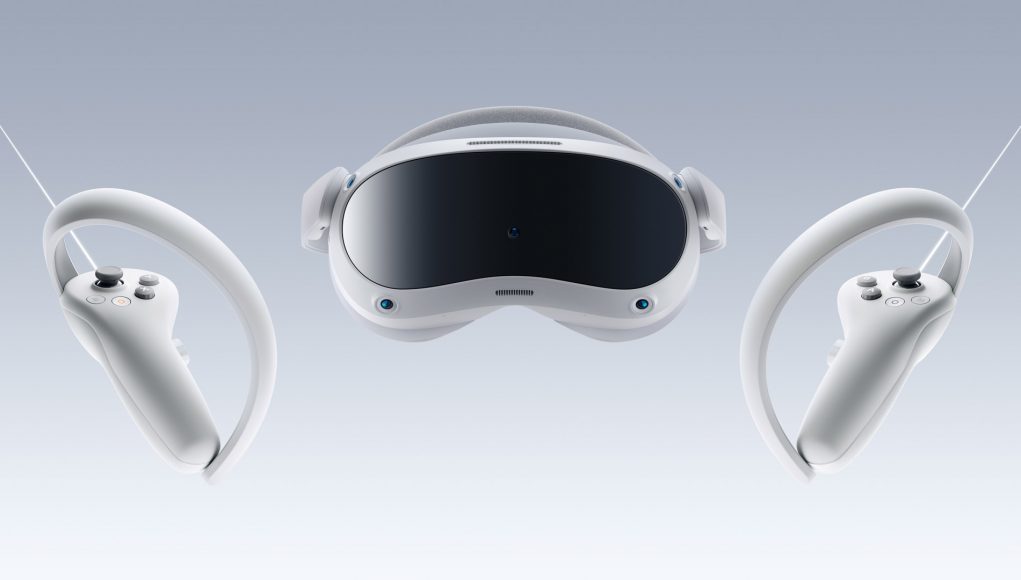Pico Interactive took to the Game Developers Conference (GDC) in San Francisco this week with a massive booth, hyping the event as a “treat” that would be a “Journey to Infinity”. Strangely, there were no substantial announcements from the company there, however a report from The Verge now alleges Pico intentionally delayed its planned announcement of Pico 4’s US rollout due to increased pressure from US lawmakers on sister company TikTok.
Update (March 24th, 2023): The Verge’s senior editor Sean Hollister says in a brief report that a Pico employee told him the planned release of Pico 4 in the US was put on hold due to TikTok weathering a US congressional hearing this week. Both Pico and TikTok are owned by Chinese parent company ByteDance.
We’ve reached out to Pico for comment, and will update if/when we hear back. In the meantime, we’re labeling this a report since the company has yet to go on record. We’ve also included that information in the article below:
Pico, the creator of the Pico 4 standalone, is arguably one of the biggest untapped threats to Meta’s market supremacy in the consumer VR standalone segment. At least for now.
Owned by TikTok parent company ByteDance, many speculated that the China-based Pico was finally ready to announce the consumer launch of Pico 4 in the United States, a step that many (including us) have been waiting for following a US hiring spree last summer.
At the time, a Protocol report maintained the move would usher in “a major focus on content licensing as well as marketing its hardware to U.S. consumers.”

So, is Pico 4 coming to US consumers? We spoke to the company at GDC this week, and despite the flashy ‘save the date’ countdown to its ‘Journey to Infinity’ and a massive booth on the show floor, there’s simply nothing to report.
In for a treat at #GDC23? Come say hi at Booth S627, Moscone Center and take a dive into the #JourneytoInfinity with #PICO #PICO4 #VirtualReality #VR #GDC23 #JourneytoInfinity pic.twitter.com/Julujtyilc
— PICO XR (@PICOXR) March 22, 2023
To boot, Pico’s Twitter presence isn’t very large—it has less than 10,000 followers at the time of this writing—but the initial countdown tweet promising to kick off “a new journey” managed to take the record for the company’s most-viewed tweet at more than 67,000 impressions. People were expecting something big from Pico at GDC, and it simply didn’t manifest.
But timing is everything, it seems. This week US lawmakers hauled in TikTok CEO Shou Zi Chew to testify before congress in a bid to crack down on the ByteDance-owned video platform, emphasizing the platform’s harmful content to children and the spread of misinformation. Adding fuel to the fire with the US release of its VR products likely isn’t in ByteDance’s best interests right now.
Pico is probably the only company right now with both a capable device and the market stability to directly compete with Meta, the undisputed champion of the consumer standalone segment with Quest 2. Under the wing of the Chinese ByteDance media empire, Pico not only has the sort of cash reserves to subsidize hardware, but also a growing ability to attract developer interest.
Launched in October 2022 and priced at €420 (~$455), Pico 4 is available across Europe, China and a number of APAC countries, including Japan, Singapore, and South Korea. The missing puzzle piece is undoubtedly a North American release.
We have boots on the ground at GDC this week, so make sure to check back on all things AR/VR as we dive into developer sessions and see everything on the show floor.










